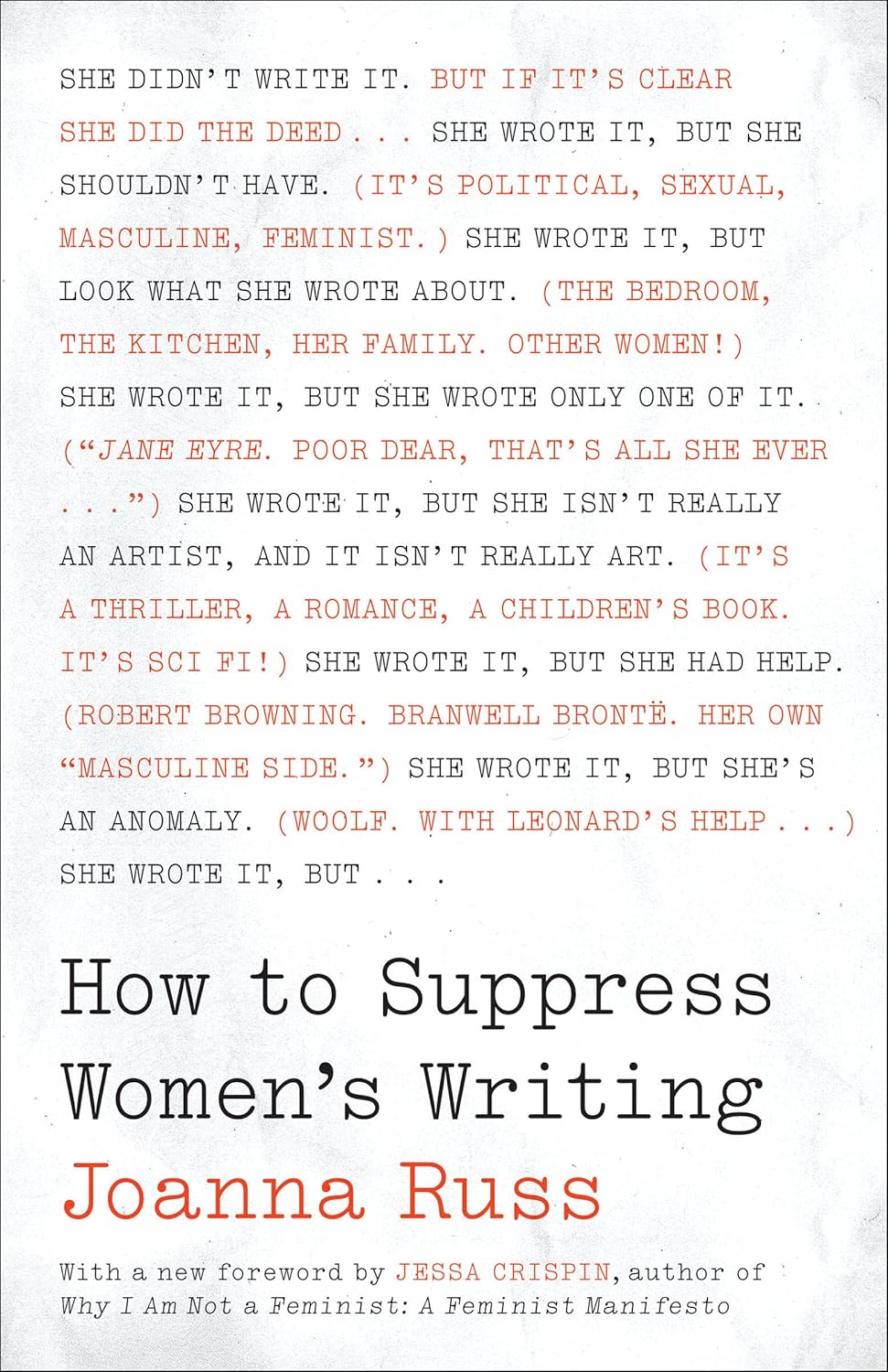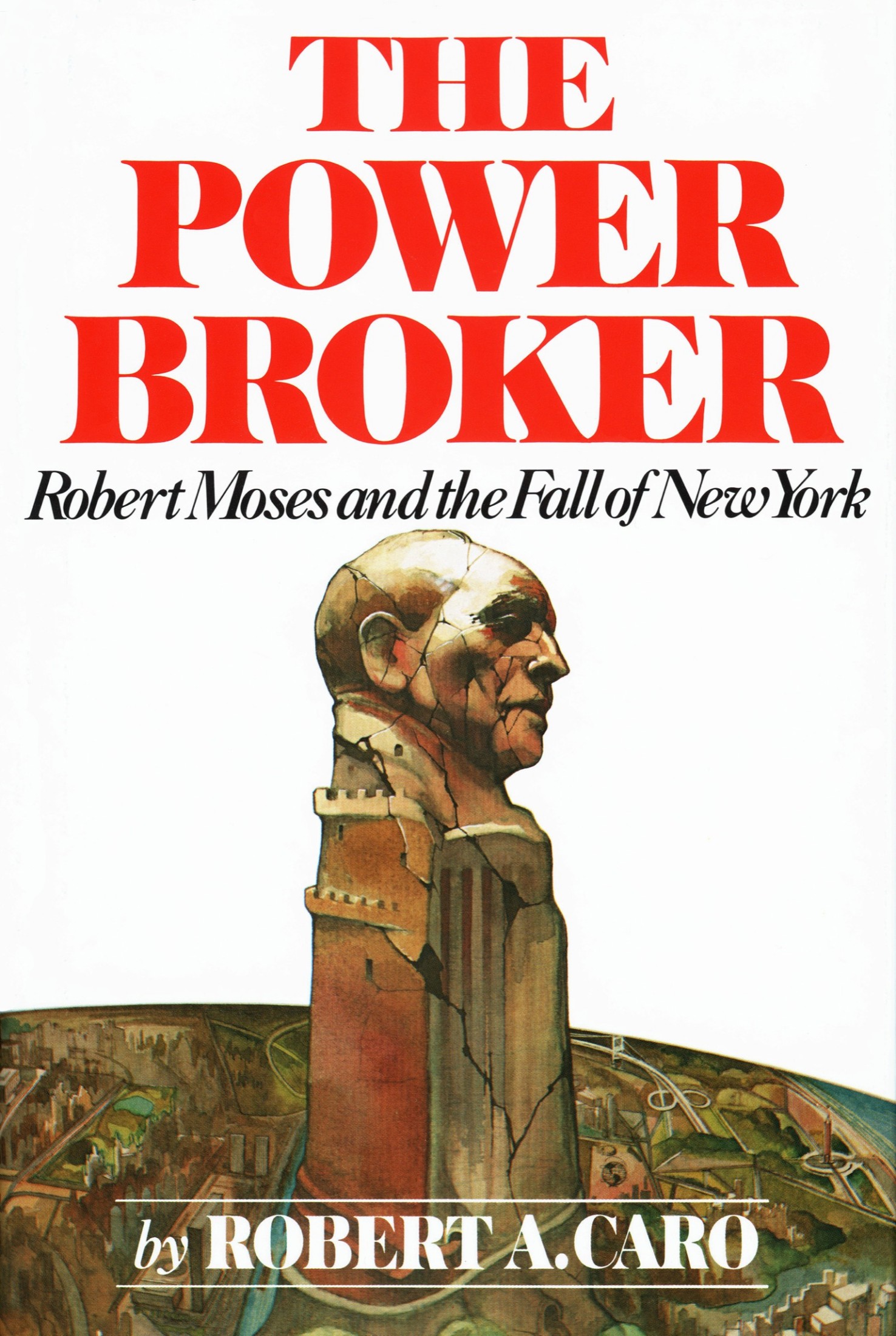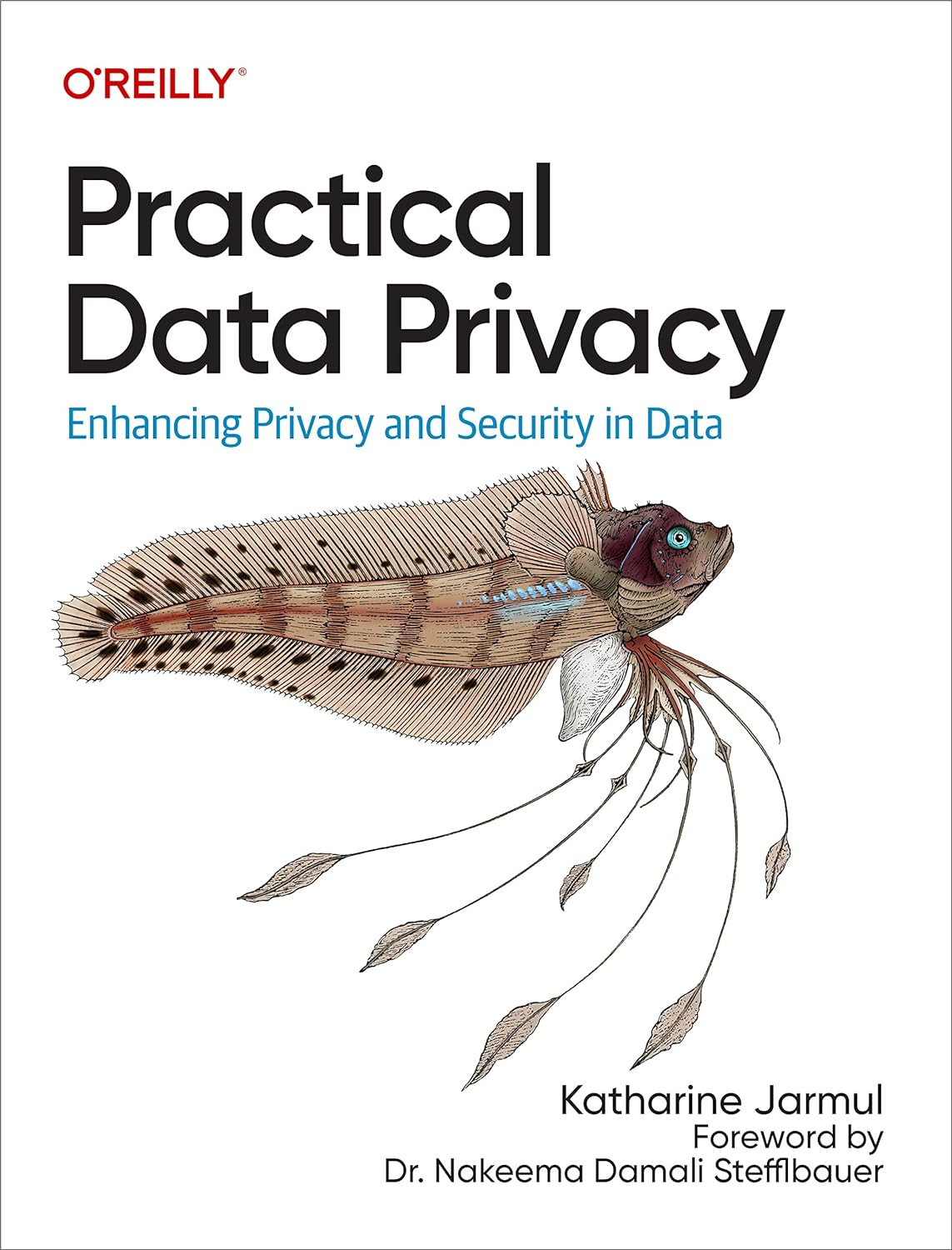So far, I don't much care for the thinky chapters.
User Profile
aka @kingrat@sfba.social. I'm following a lot of bookwyrm accounts, since that seems to be the only way to get reviews from larger servers to this small server. I make a lot of Bookwyrm lists. I will like & boost a lot of reviews that come across my feed. I will follow most bookwyrm accounts back if they review & comment. Social reading should be social.
This link opens in a pop-up window
Phil in SF's books
2026 Reading Goal
43% complete! Phil in SF has read 13 of 30 books.
User Activity
RSS feed Back
Phil in SF finished reading A History of the Railroad in 100 Maps by Jeremy Black

A History of the Railroad in 100 Maps by Jeremy Black
The first international history of railroads and railroad infrastructure told through stunningly reproduced maps.
Since their origins in eighteenth-century England, …
Phil in SF commented on Wool by Hugh Howey (Silo, #1)
Phil in SF finished reading White Rural Rage by Tom Schaller

White Rural Rage by Tom Schaller, Paul Waldman
White rural voters hold the greatest electoral sway of any demographic group in the United States, yet rural communities suffer …
Phil in SF commented on Wool by Hugh Howey (Silo, #1)
Phil in SF started reading Wool by Hugh Howey (Silo, #1)

Wool by Hugh Howey (Silo, #1)
The first book in the acclaimed, New York Times best-selling trilogy, Wool is the story of mankind clawing for survival …
Phil in SF finished reading How to Suppress Women's Writing by Joanna Russ

How to Suppress Women's Writing by Joanna Russ, Jessa Crispin
Are women able to achieve anything they set their minds to? In How to Suppress Women’s Writing, award-winning novelist and …
Phil in SF started reading How to Suppress Women's Writing by Joanna Russ

How to Suppress Women's Writing by Joanna Russ, Jessa Crispin
Are women able to achieve anything they set their minds to? In How to Suppress Women’s Writing, award-winning novelist and …
Phil in SF finished reading The Underbelly by Gary Phillips

The Underbelly by Gary Phillips
Having grown up in late-sixties South Central Los Angeles, Gary Phillips vividly recalls stories of what happened to brothers who …
Phil in SF quoted The Underbelly by Gary Phillips
He sat next to a young man with his hair frizzed out at numerous uncombed angles. He was listening to his iPod while reading a Philip K. Dick novel, The Three Stigmata of Palmer Eldritch. The youngster wore a Free the Buses t-shirt, a fight-back effort Magrady had belonged to several years ago.
— The Underbelly by Gary Phillips (25%)
The protagonist sleuth is a homeless vet who occasionally does transit activism. I'm kinda in love with this story. (I don't know the particulars of that campaign, so I can't say whether it's something I would have participated in.)
Phil in SF quoted The Underbelly by Gary Phillips
No wonder nobody gave two shits about the homeless. What hopes and dreams could you project on those poor fucks?
— The Underbelly by Gary Phillips (25%)
I think this captures a bit of why we're glued to celebrity news rather than Real Change. (The protagonist of this story is a homeless man musing about Paris Hilton at this point in the story..)
Phil in SF started reading The Underbelly by Gary Phillips

The Underbelly by Gary Phillips
Having grown up in late-sixties South Central Los Angeles, Gary Phillips vividly recalls stories of what happened to brothers who …
Phil in SF finished reading Bunny by Mona Awad (Bunny, #1)
Phil in SF quoted Bunny by Mona Awad (Bunny, #1)
Phil in SF quoted Bunny by Mona Awad (Bunny, #1)
“Whenever I read one of Victoria’s vignettes, I always feel so dumb because I can hardly understand them at all. And then I blame myself. I think, Kira, this must be just too brilliant for you to grasp. Surely you must have missed something. Even though there’s always been this small voice inside of me that says, Um, what the fuck is this, please? This makes no sense. This is coy and this is willfully obscure and no one but Victoria will ever get this. I would in fact need to live inside Victoria’s spoiled, fragmented, lazy, pretentious little mind to get it. And who apart from us, apart from me, is going to be willing to do that? To work all night with a Victoria Decoder? Who would even care to? And then I feel like screaming JUST SAY IT. TELL ME WHAT HAPPENED. TELL ME WHAT THE FUCK THIS MEANS AND WHAT YOU DID WITH HIM EXACTLY.”
This is how I feel about this book. There's something self-referential going on here and I don't understand it.
(Percentage as measured by my Kobo. The Calibre reader says this is 83%. 🤷🏻)




